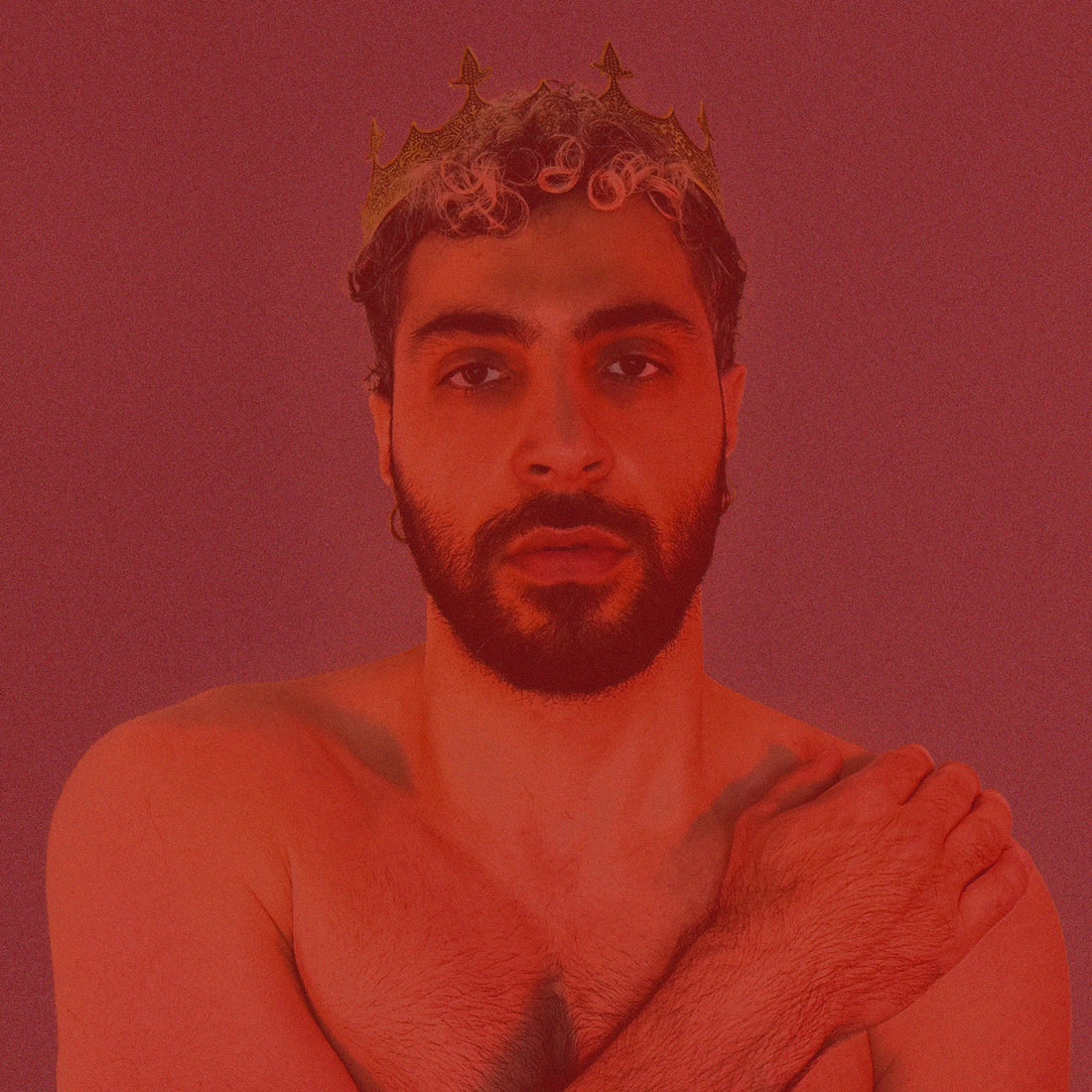
The Heart of My Art: A Journey Through Love, Loss, and Identity
Starting with Love
Love has always been my most beautiful disaster. It makes me reckless in the best way. I jump in without checking the depth. I trust too quickly, believing in forever like it’s a guarantee. Oh, God, please let it be. I’ve written verses from the high of someone’s laugh and from the quiet ache of missing their comforting voice. Love is never just an emotion for me; it’s a full-body-soul-mind possession.
Here are some tracks that were born out of love: Bdawwi El-Amar, Albé Yde2ellak, and Ana Weyyak.
Breakups: The Undoing of Love
After love, of course, there’s the undoing. Breakups slow everything down. They make you sit in silence and listen to the ghosts of your own choices. I’ve had my fair share of them. Some loud, some so quiet they “dissolved like sugar in water.” They leave behind a different kind of melody, one that hums in B♭ minor keys mostly. It reminds me that endings can be brutal yet still beautiful.
Examples of tracks I’ve written from a breakup perspective: Eben Haram, Khlesna, Bdawwi El-Amar, and Wa7é aw Wa7ésh.
The Complexity of Sexual Desires
Desire is where my honesty lives. It’s the hunger I don’t apologize for. It’s not just about sex; it’s about wanting to be seen, wanted, dreamed of, and known without restraint. Erotica slips into my work because it slips into my life. Sometimes loud and unashamed, sometimes slow and dangerous. I like the way it burns.
It is a bit vulgar for the Arabic world to write about desires and eroticism, yet we all experience it in our daily lives. It’s our little garden of secrets; we escape to it, sometimes multiple times a day.
Desire has written Sayyidi, Feek T3allemné and Feek Majnoun through me.
Self-Worth & Self-Empowerment: Finding My Voice
Somewhere along the way, I had to decide that my value wasn’t negotiable. I didn’t need someone else’s approval or validation to feel whole. Self-worth isn’t about never doubting yourself — it’s about recognizing when the doubt is lying. My art is a constant reminder to myself that I am allowed to take up space, to speak loudly, to love boldly, and to stand firm in who I am.
Self-empowerment is the moment you realize you are both the foundation and the fire. Songs like Icounit Leil and Ya Beikecho this sentiment.
The Chaos of the Unknown: Embracing Mystery
I’ve always been drawn to the unexplainable. Growing up on religious books and countless stories about beginnings, futures, and endings shaped my mind into a map of mysteries. I wake from dreams with my heart pounding—sometimes with the image of a stranger whose face feels familiar, sometimes with the eerie certainty that something is about to happen, even when the world around me is still.
The unknown is where my creativity lives. I don’t try to tame it; I let it linger, haunt, and press against me until it reveals what it wants to become. Then, I write it.
I would certainly describe Ma Tenhar as my most chaotic sound, followed by Huwa El-Seher.
Queerness: A Core Identity
Being queer is not just who I love, sleep with, or what nail polish I wear today. It is how I exist. It’s how I see beauty. It’s how I challenge the norms imposed on me as a queer Arabic singer/songwriter and man. I refuse to shrink myself to fit someone else’s comfort or their own limit of freedom. My queerness is in my art because it’s in my breath. It’s the part of me that says: “I don’t care if this doesn’t look like your idea of normal.”
All my tracks carry the fingerprints of queerness – I mean, hello? I’m Mous Bahri.
Politics: A Love-Hate Relationship
My love-hate relationship with politics is complex. Everything I feel, everything I create, exists inside the world’s rules — and the rules aren’t fair. Who gets to love openly? Who gets to feel safe in their body or in their own lands? Whose voice gets heard, and who gets silenced based on how much power they have? My art can’t ignore those questions.
Politics isn’t a separate topic for me; it’s the atmosphere my work breathes in. If love is a Sagittarius flame, politics is the wind that tries to snuff it out or make it grow.
My most political track is Al-Fasih, inspired by a dream where I performed on a massive stage in front of unhappy religious figures, which I found exhilarating. I'd also include Tayyara, as it narrates Moustafa's journey, major in shaping who I am today.
This is Where I Live: The Interconnectedness of My Art
All these things—love, heartbreak, desire, mystery, queerness, and politics—they’re not separate stories. They’ve never been. They live together inside me, tangled, inseparable.
When I write, I’m not choosing one over the other. I’m letting them all speak at once, like a layered vocal stem or a chorus that doesn’t need harmony to make sense.
Until the next song writes itself, I’ll be here, living it.
M.
